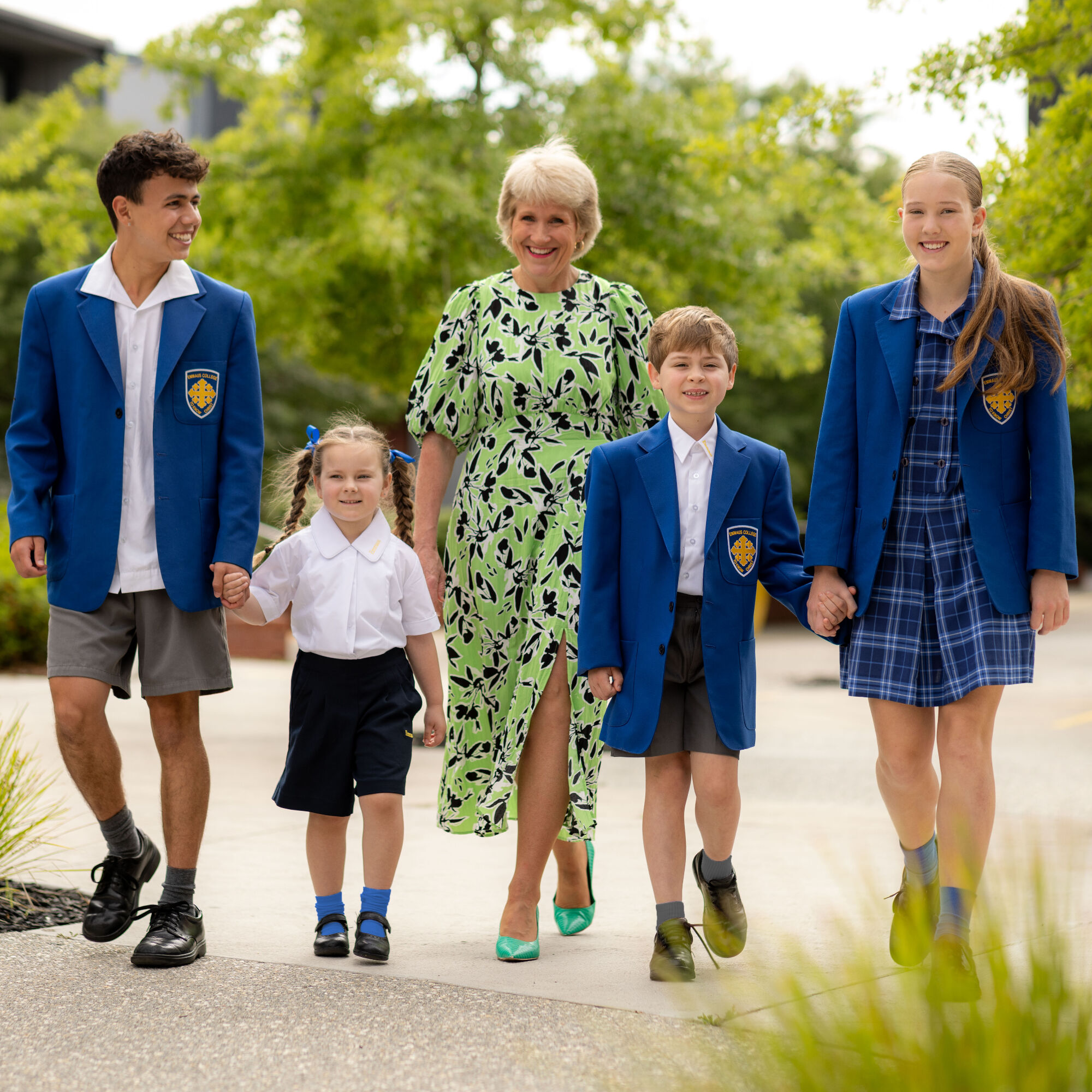Powered by Froala Editor

Emmaus College is a renowned co-educational Catholic college in the eastern suburbs of Melbourne where values-driven education, exceptional facilities, and a dynamic, technology-rich curriculum shape confident, compassionate learners. In 2025, Emmaus College transformed into a K–12 college, offering families a seamless and enriched learning journey from kindergarten through to graduation.
Guided by our College vision, we foster a community that nurtures the full flourishing of each learner, inspiring excellence as they come “To Know Christ” on their own road to Emmaus.
"At Emmaus College, we work in partnership with your family to develop outstanding young men and women. I look forward to welcoming your child to our community and sharing their Emmaus journey with you." Karen Jebb - Principal

Emmaus College has been recognised as a 5-Star Best Schools in Australia 2025
This award celebrates our forward-thinking approach and dedication to comprehensive student growth through innovative extracurricular offerings, advanced technology integration, and a strong focus on wellbeing initiatives.
A Catholic education at Emmaus provides much more than academic teaching. It is about developing the whole person in mind, body and spirit. We continuously instill values, knowledge and skills that allow them to enter adulthood as a compassionate, well-informed and valued member of society.

At Emmaus we pride ourselves on providing a safe and supportive environment where every person is valued. Through recognition and celebration of each individual’s unique talents, we encourage students to strive to be their best in all aspects of life. Our Wellbeing Program fosters self-worth and respect for others by promoting positive relationships, responsible behaviours, personal resilience and engagement with learning.
© Emmaus College. All Rights Reserved.
Emmaus College acknowledges the Wurundjeri People as the Traditional Custodians of this land and pays respect to their Elders past, present and emerging.
Emmaus College promotes the safety, wellbeing and inclusion of all children and young people.
Site: YourSchool